PREFACE
Deep Sightings and Rescue Missions is unlike other books by Toni Cade Bambara. She did not gather or organize the contents. She did not approve or choose the photograph on the jacket. She did not post a flurry of letters, notes and bulletins on the design, on this or that copy change, or to describe an innovative idea about the books promotion. And of her books published by Random House (Gorilla, My Love, The Seabirds Are Still Alive and Salt Eaters) only this one did not have the benefit, the joy, of a series of editorial meetings between us. Hilarious title struggles. Cloaked suggestions for ways to highlight, to foreground. Breathless discussions about what the whores really meant. Occasional battles to locate the double meaning, the singular word. Trips uptown for fried fish. Days and days in a house on the rivershe, page in hand, running downstairs to say, Does this do it?
Editing sometimes requires re-structuring, setting loose or nailing down; paragraphs, pages may need re-writing, sentences (especially final or opening ones) may need to be deleted or re-cast; incomplete images or thoughts may need expansion, development. Sometimes the point is buried or too worked-up. Other times the tone is off, the voice is wrong or unforthcoming or so self-regarding it distorts or mis-shapes the characters it wishes to display. In some manuscripts traps are laid so the reader is sandbagged into focusing on the authors superior gifts or knowledge rather than the intimate, reader-personalized world fiction can summon. Virtually none of that is applicable to editing Bambaras fiction.
Her writing is woven, aware of its music, its overlapping waves of scenic action, so clearly on its waylike a magnet collecting details in its wake, each of which is essential to the final effect. Entering her prose with a red pencil must be delicate; one ill-advised (or well-advised) correction can dislodge a thread, unravel an intricate pattern which is deceptively uncomplicated at first glancebut only at first glance.
Bambara is a writers writer, an editors writer, a readers writer. Gently but pointedly she encourages us to rethink art and public space in The War of the Wall. She is all eyes, sweetness and stingers in Luther on Sweet Auburn and in Babys Breath. She is wisdoms clarity in Going Critical, plumbing the ultimate separation for meaning as legacy.
Although her insights are multiple, her textures layered and her narrative trajectory implacable, nothing distracts from the sheer satisfaction her story-telling provides. That is a little wordsatisfactionin an environment where superlatives are as common as the work they describe. But there is no other word for the wash of recognition, the thrill of deep sight, the sheer pleasure a reader takes in the company Bambara keeps. In Ice, for example, watching her effortlessly transform a story about responsibility into the responsibility of story-telling is pure delight and we get to be in warm and splendid company all along the way.
I dont know if she knew the heart cling of her fiction. Its pedagogy, its use, she knew very well, but I have often wondered if she knew how brilliant at it she was. There was no division in her mind between optimism and ruthless vigilance; between aesthetic obligation and the aesthetics of obligation. There was no doubt whatsoever that the work she did had work to do. She always knew what her work was for. Any hint that art was over there and politics was over here would break her up into tears of laughter, or elicit a look so withering it made silence the only intelligent response. More often she met the art/politics fake debate with a slight wave-away of the fingers on her beautiful hand, like the dismissal of a mindless, desperate fly who had maybe two little hours of life left.
Of course she knew. Its all there in How She Came By Her Name. The ear with flawless pitch; integrity embedded in the bone; daunting artistic criteria. Perhaps my wondering whether or not she realized how original, how rare her writing is is prompted by the fact that I knew it was not her only love. She had another one. Stronger. As the Essays and Conversations portion of this collection testifies, (especially after the completion of her magnum opus about the child murders in Atlanta) she came to prefer film: writing scripts, making film, critiquing, teaching, analyzing it and enabling others to do the same. The Bombing of Osage Avenue and W. E. B. Du Bois: A Biography in Four Voices contain sterling examples of her uncompromising gifts and her determination to help rescue a genre from its powerful social irrelevancy.
In fiction, in essays, in conversation one hears the purposeful quiet of this ever vocal woman; feels the tenderness in this tough Harlem/Brooklyn girl; joins the playfulness of this profoundly serious writer. When turns of events wearied the gallant and depleted the strong, Toni Cade Bambara, her prodigious talent firmly in hand, stayed the distance.
Editing her previous work was a privilege she permitted me. Editing her posthumous work is a gift she has given me. I will miss her forever.
She made revolution irresistible, Louis Massiah has said of her.
She did. She is. Irresistible.
T ONI M ORRISON
June 1996
Special thanks to Ms. Toni Morrison
and Mr. Louis Massiah
for their help in
pulling this collection together
and keeping my Mothers voice alive.
K ARMA B ENE B AMBARA
June 1996
FICTION
GOING CRITICAL
I
 One minute, Clara was standing on a wet stone slab slanting over the drop, a breaker coming at her, the tension tingling up the back of her legs as though it were years ago and she would dive from the rocks to meet it. And in the next minute, the picture coming again, brushing behind her eye, insistent since morning but still incomplete. Then the breaker struck the rocks, the icy cold wash lifting her up on her toes, and the picture flashing, still faint, indistinct. Teeth chattering, she flowed with it, tried not to understand it and blur the edges, but understood it beneath words, beneath thought. The brushing as of a feather, the wing-tip arrival of the childhood sea god who had buoyed her up from the deep when shed been young and reckless in the waters. A feather brushing in the right side of the brain, dulled by three centuries of God-slight neglect, awakened in Clara at the moment of her daughters conception.
One minute, Clara was standing on a wet stone slab slanting over the drop, a breaker coming at her, the tension tingling up the back of her legs as though it were years ago and she would dive from the rocks to meet it. And in the next minute, the picture coming again, brushing behind her eye, insistent since morning but still incomplete. Then the breaker struck the rocks, the icy cold wash lifting her up on her toes, and the picture flashing, still faint, indistinct. Teeth chattering, she flowed with it, tried not to understand it and blur the edges, but understood it beneath words, beneath thought. The brushing as of a feather, the wing-tip arrival of the childhood sea god who had buoyed her up from the deep when shed been young and reckless in the waters. A feather brushing in the right side of the brain, dulled by three centuries of God-slight neglect, awakened in Clara at the moment of her daughters conception.
Nineteen eighty, middle-aged woman in dated swim-suit and loose flesh, sliding perilously on moss slime stone, image clustering behind right eye, image-idea emerging from the void, a heresy in one era, a truth in the next, decaying into superstition, then splashing its message before returning to the void. The water sucking at the soles of her feet before sliding out again to sea, she saw it and shivered.


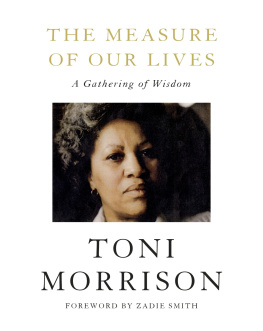
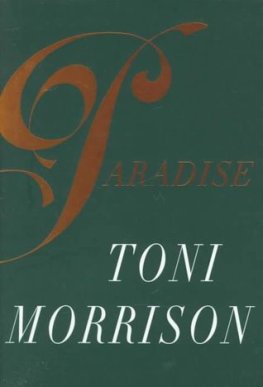
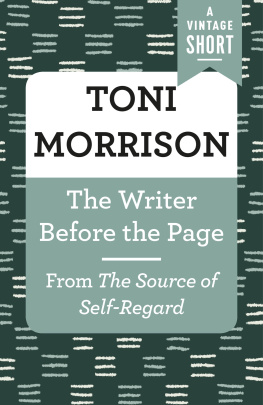
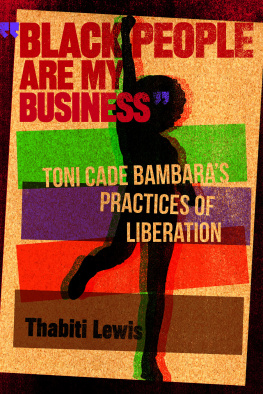
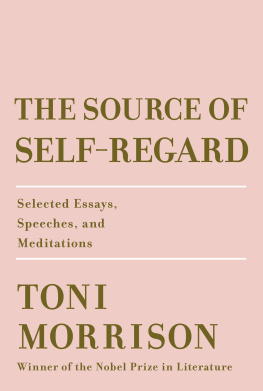
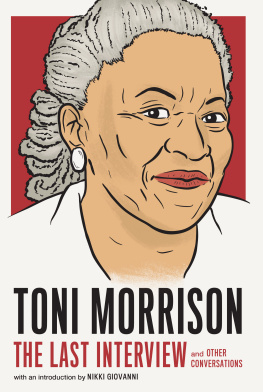
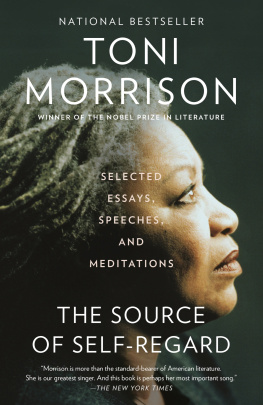
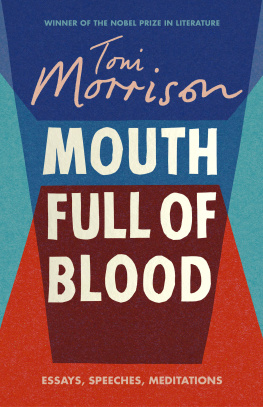
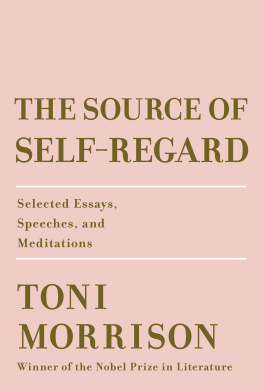
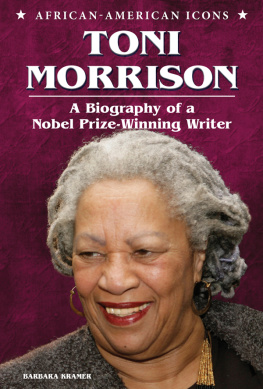
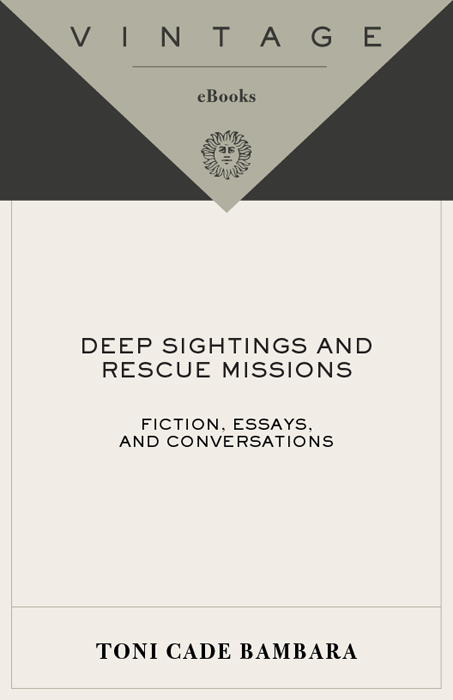
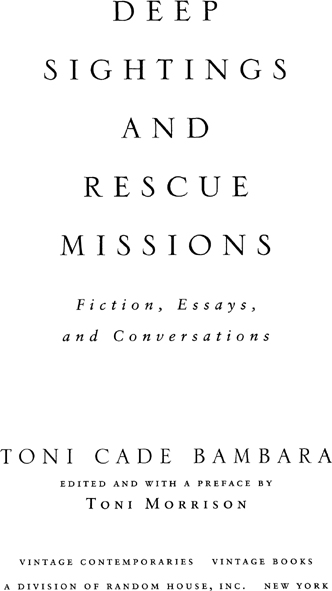
 One minute, Clara was standing on a wet stone slab slanting over the drop, a breaker coming at her, the tension tingling up the back of her legs as though it were years ago and she would dive from the rocks to meet it. And in the next minute, the picture coming again, brushing behind her eye, insistent since morning but still incomplete. Then the breaker struck the rocks, the icy cold wash lifting her up on her toes, and the picture flashing, still faint, indistinct. Teeth chattering, she flowed with it, tried not to understand it and blur the edges, but understood it beneath words, beneath thought. The brushing as of a feather, the wing-tip arrival of the childhood sea god who had buoyed her up from the deep when shed been young and reckless in the waters. A feather brushing in the right side of the brain, dulled by three centuries of God-slight neglect, awakened in Clara at the moment of her daughters conception.
One minute, Clara was standing on a wet stone slab slanting over the drop, a breaker coming at her, the tension tingling up the back of her legs as though it were years ago and she would dive from the rocks to meet it. And in the next minute, the picture coming again, brushing behind her eye, insistent since morning but still incomplete. Then the breaker struck the rocks, the icy cold wash lifting her up on her toes, and the picture flashing, still faint, indistinct. Teeth chattering, she flowed with it, tried not to understand it and blur the edges, but understood it beneath words, beneath thought. The brushing as of a feather, the wing-tip arrival of the childhood sea god who had buoyed her up from the deep when shed been young and reckless in the waters. A feather brushing in the right side of the brain, dulled by three centuries of God-slight neglect, awakened in Clara at the moment of her daughters conception.